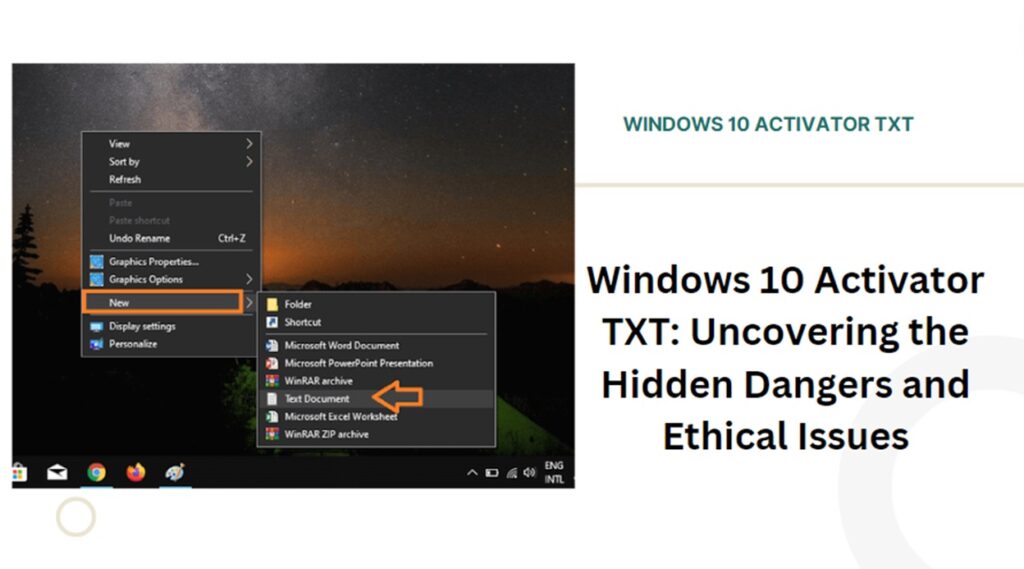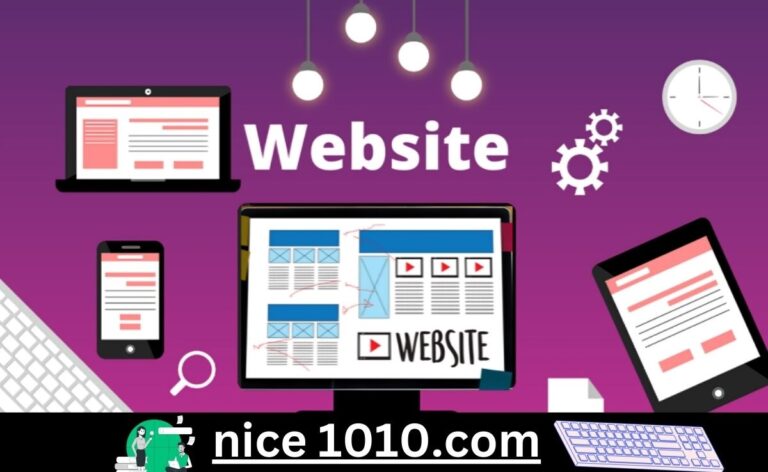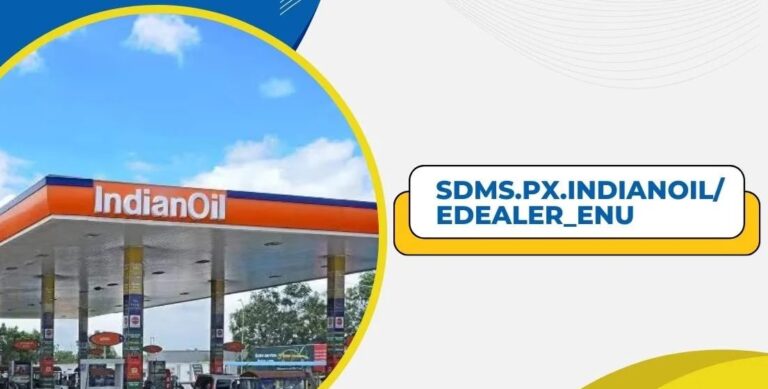
windows 10 activator txt
Introduction: Windows 10 Activator TXT
Windows 10, the operating system developed by Microsoft, has become the cornerstone of personal and professional computing environments worldwide since its release in 2015. Its user-friendly interface, robust security features, and extensive compatibility have made it a favorite among users. However, obtaining a legitimate license for Windows 10 can be costly, leading some individuals to seek alternative methods to activate their copies. One such method is through the use of a “Windows 10 activator TXT.” This article aims to explore the concept of Windows 10 activators, their implications, risks, and the ethical considerations surrounding their use.
Table of Contents
Understanding Windows 10 Activation
What is Windows 10 Activation?
Windows 10 activation is a process that verifies the legitimacy of the operating system and confirms that it is not being used on more devices than allowed by the Microsoft Software License Terms. Activation helps ensure that the copy of Windows is genuine and has not been altered or tampered with. When a user purchases a legitimate copy of Windows 10, they receive a unique product key that is used during the installation process to activate the software.
Types of Windows 10 Licenses
- Retail License: Purchased from a retail store or online, it allows the user to install Windows 10 on one PC and transfer the license to another computer if needed.
- OEM License (Original Equipment Manufacturer): Pre-installed on new computers, it is tied to the hardware and cannot be transferred to another device.
- Volume License: Used by large organizations, it allows multiple installations of Windows 10 with a single license key.
What is a Windows 10 Activator TXT?
A “Windows 10 activator TXT” refers to a text file that contains a script designed to activate a copy of Windows 10 without the need for a legitimate product key. These scripts are usually written in a programming language such as PowerShell or batch script, and they attempt to bypass Microsoft’s activation servers by simulating the activation process or by using stolen or generic license keys.
How Does a Windows 10 Activator TXT Work?
The typical activator TXT script includes commands to modify the Windows registry, manipulate system files, and execute network requests to trick the operating system into believing it has been legitimately activated. Here is a simplified outline of what such a script might do:
- Registry Modification: Change registry keys related to activation.
- System File Manipulation: Replace or modify system files that handle activation.
- Network Requests: Simulate communication with Microsoft’s activation servers.
- Key Injection: Inject stolen or generic keys into the system.
Risks and Dangers of Using Windows 10 Activators
Legal Implications
Using a Windows 10 activator TXT is illegal. It violates Microsoft’s Software License Terms, which explicitly prohibit unauthorized activation methods. Engaging in software piracy can result in severe legal consequences, including fines and legal action from Microsoft. Additionally, distributing or promoting such activators can lead to further legal repercussions.
Security Risks
Downloading and running scripts from untrusted sources poses significant security risks. These activator files are often distributed through dubious websites, forums, and torrent networks. They can be laden with malware, viruses, or other malicious software designed to steal personal information, hijack the system, or use the computer for illicit activities like botnet operations.
System Stability Issues
Using unauthorized activation methods can lead to system instability. Modifying system files and the registry can cause unforeseen conflicts and errors, potentially resulting in a compromised operating system. Users might experience frequent crashes, data loss, and an inability to receive official updates from Microsoft, which are crucial for maintaining security and performance.
Lack of Support and Updates
One of the significant drawbacks of using a non-genuine copy of Windows 10 is the lack of official support and updates from Microsoft. Security updates, feature enhancements, and technical support are essential for the smooth functioning of the operating system. Without these, users are left vulnerable to security threats and miss out on new features and improvements.
Ethical Considerations
Fair Use and Intellectual Property
Software piracy undermines the principles of fair use and intellectual property rights. Developers and companies invest significant resources in creating software products, and the revenue generated from legitimate sales supports further development and innovation. By using pirated software, individuals contribute to the erosion of this revenue stream, potentially stifling future advancements and improvements.
Impact on the Industry
Widespread use of pirated software, including Windows 10 activators, can have a detrimental impact on the software industry. It encourages a culture of disregard for intellectual property rights, which can hurt small developers and startups the most. These entities rely heavily on revenue from software sales to sustain their operations and innovate.
Encouraging Responsible Behavior
Promoting the use of legitimate software and discouraging piracy is crucial for fostering a responsible digital environment. Educating users about the importance of paying for software, understanding licensing terms, and respecting intellectual property can help reduce the prevalence of software piracy.
Alternatives to Using Windows 10 Activators
Purchasing a Legitimate License
The most straightforward and ethical way to activate Windows 10 is by purchasing a legitimate license from Microsoft or an authorized retailer. While this involves an upfront cost, it ensures that users receive a genuine product with access to all updates, support, and features.
Using Free or Open Source Alternatives
For users who cannot afford a Windows 10 license, there are free and open-source alternatives available. Operating systems like Linux distributions (e.g., Ubuntu, Fedora) offer robust functionality and can serve as viable alternatives to Windows for many users. These systems are maintained by communities and offer excellent support and regular updates.
Educational and Non-Profit Programs
Microsoft offers discounted or free licenses for educational institutions and non-profit organizations. Students, teachers, and non-profit staff can often obtain genuine copies of Windows 10 through these programs, ensuring they have access to necessary software without resorting to illegal methods.
Conclusion: Windows 10 Activator TXT
The allure of free software can be tempting, but the risks and ethical considerations surrounding the use of Windows 10 activator TXT files far outweigh any potential benefits. Engaging in software piracy not only exposes users to legal and security risks but also undermines the software industry’s foundation of innovation and fair use.
By understanding the importance of using legitimate software and exploring alternative solutions, users can contribute to a healthier digital ecosystem. Whether through purchasing a legitimate license, exploring open-source alternatives, or taking advantage of educational discounts, there are numerous ways to ensure access to essential software without compromising ethical standards.
Ultimately, fostering a culture of respect for intellectual property and responsible software use is crucial for the continued growth and advancement of technology.



